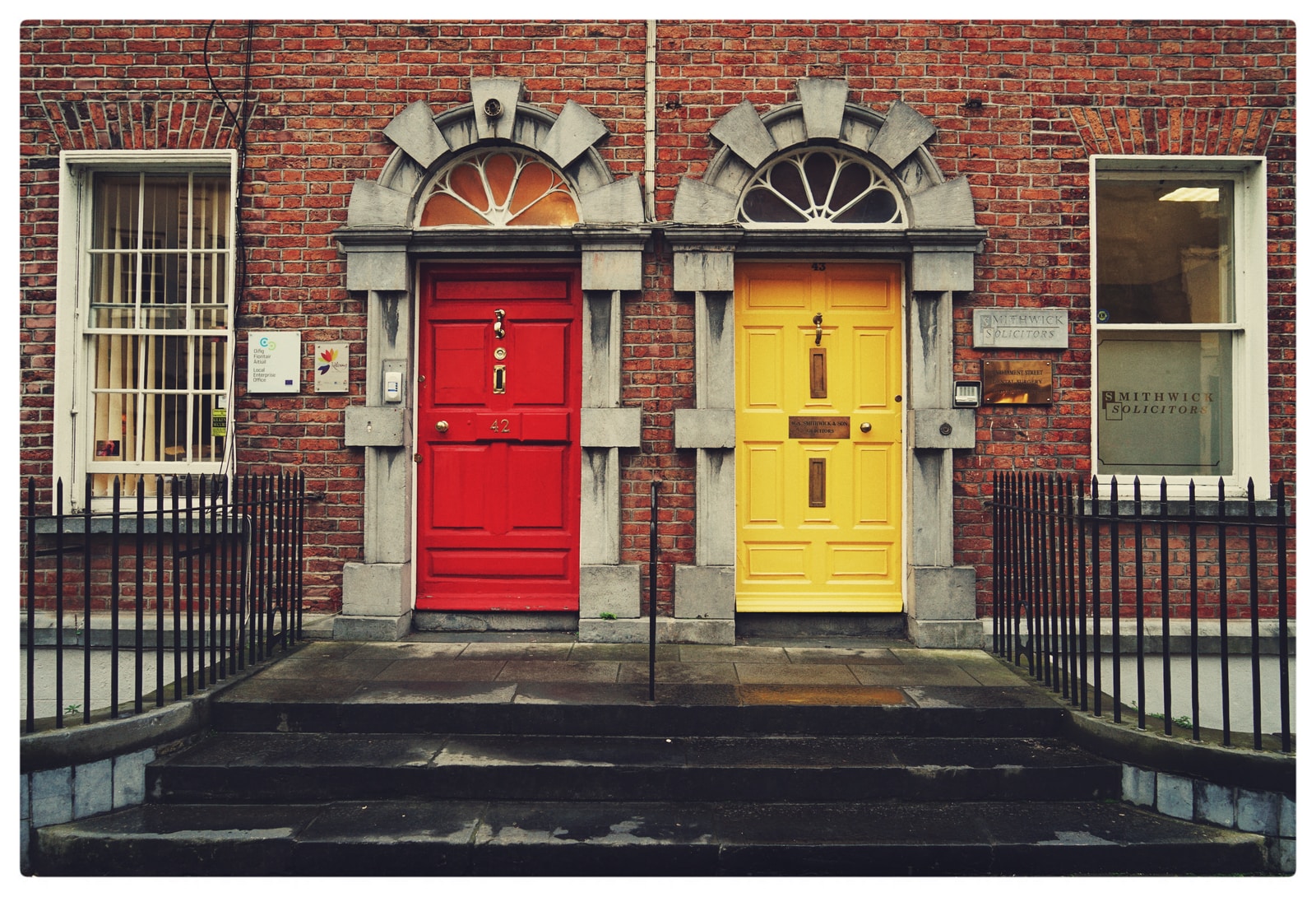
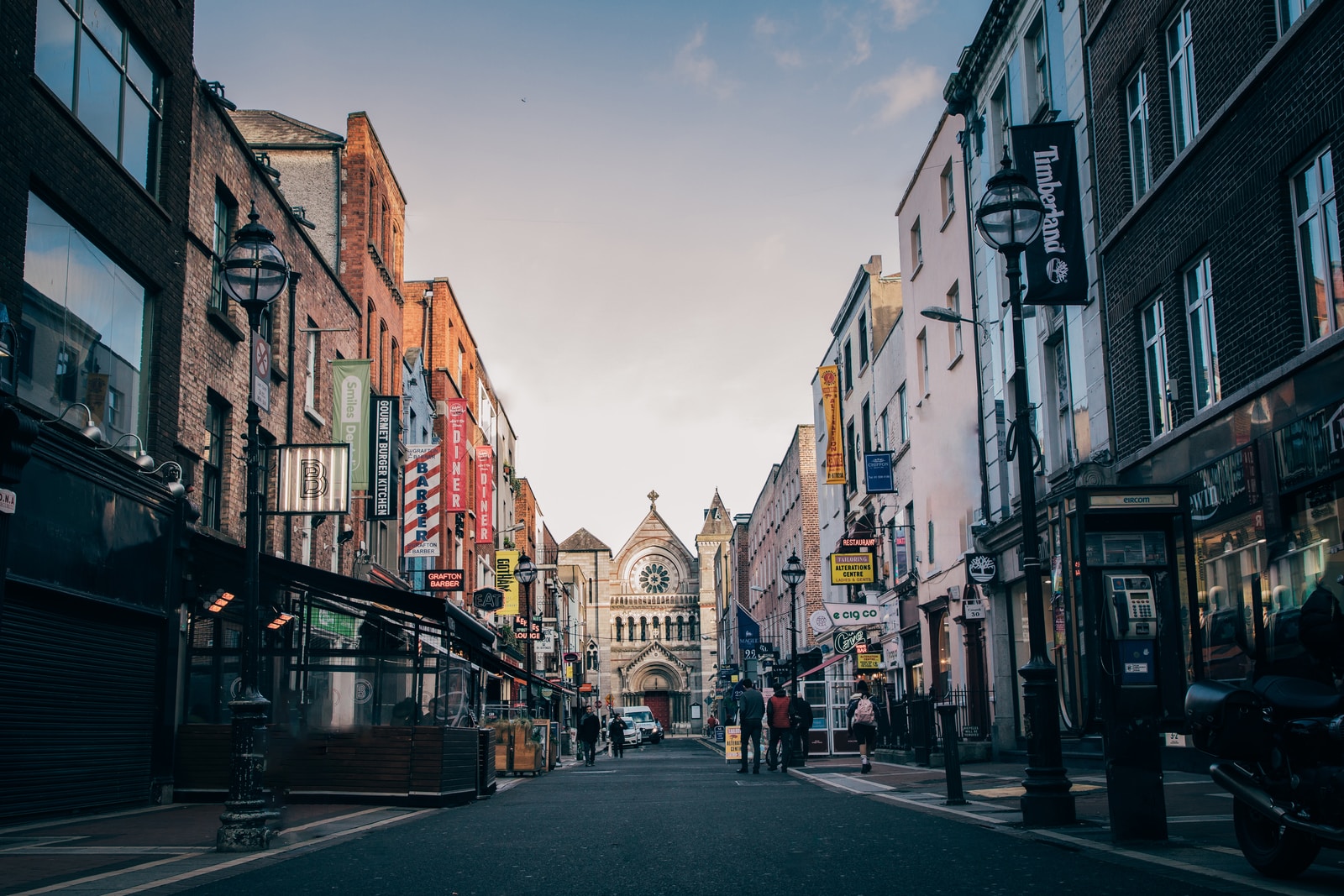
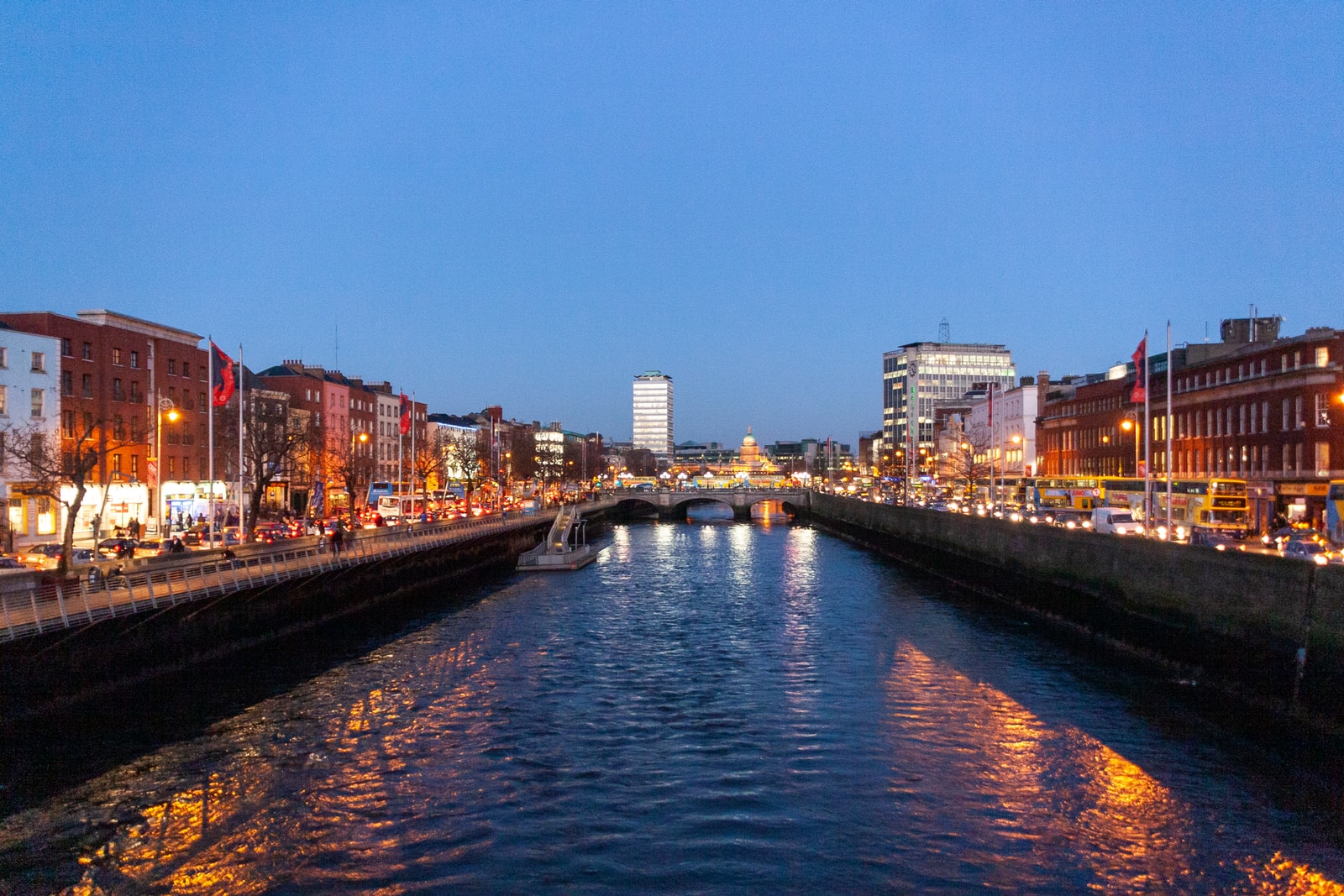
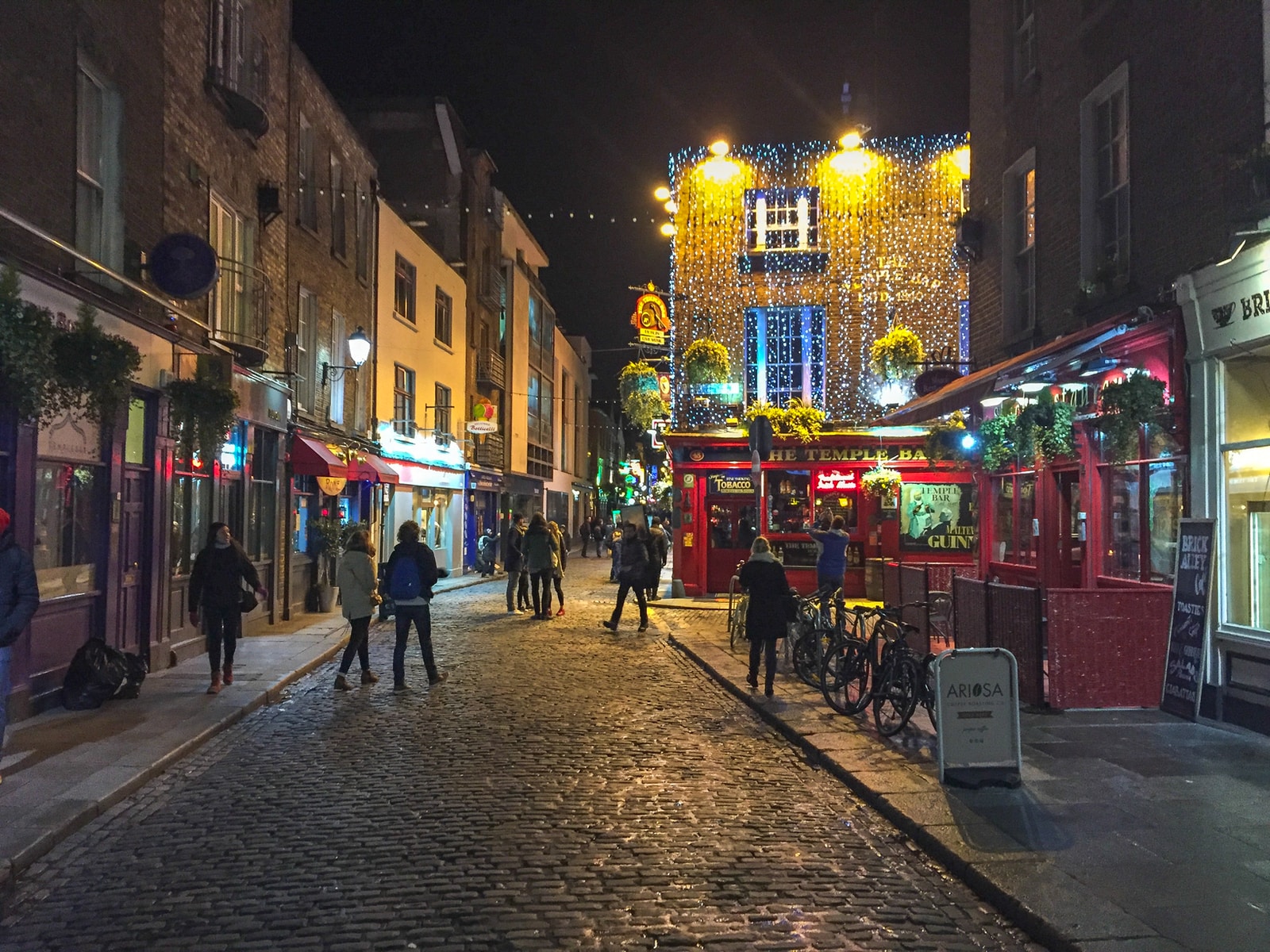
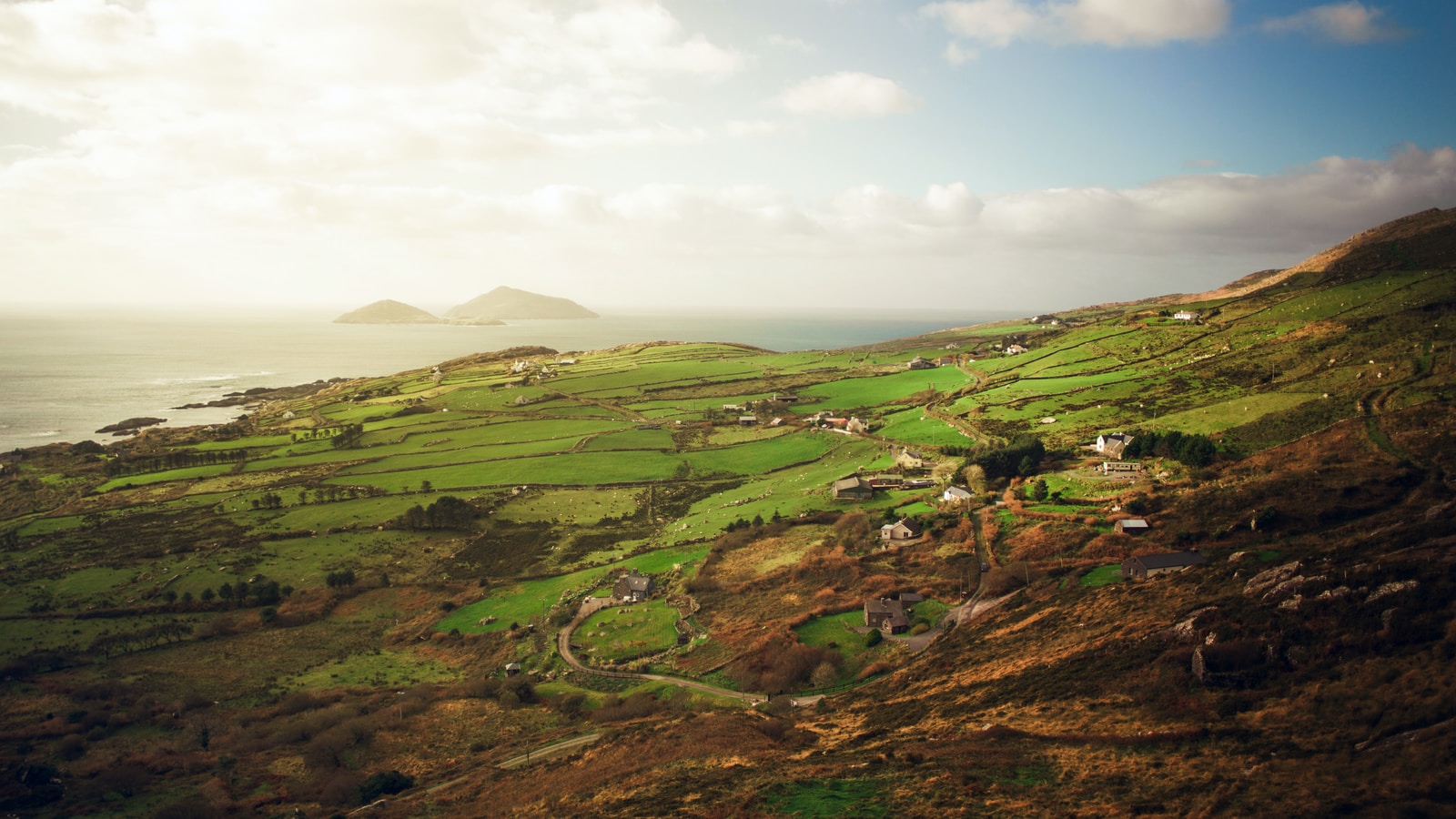
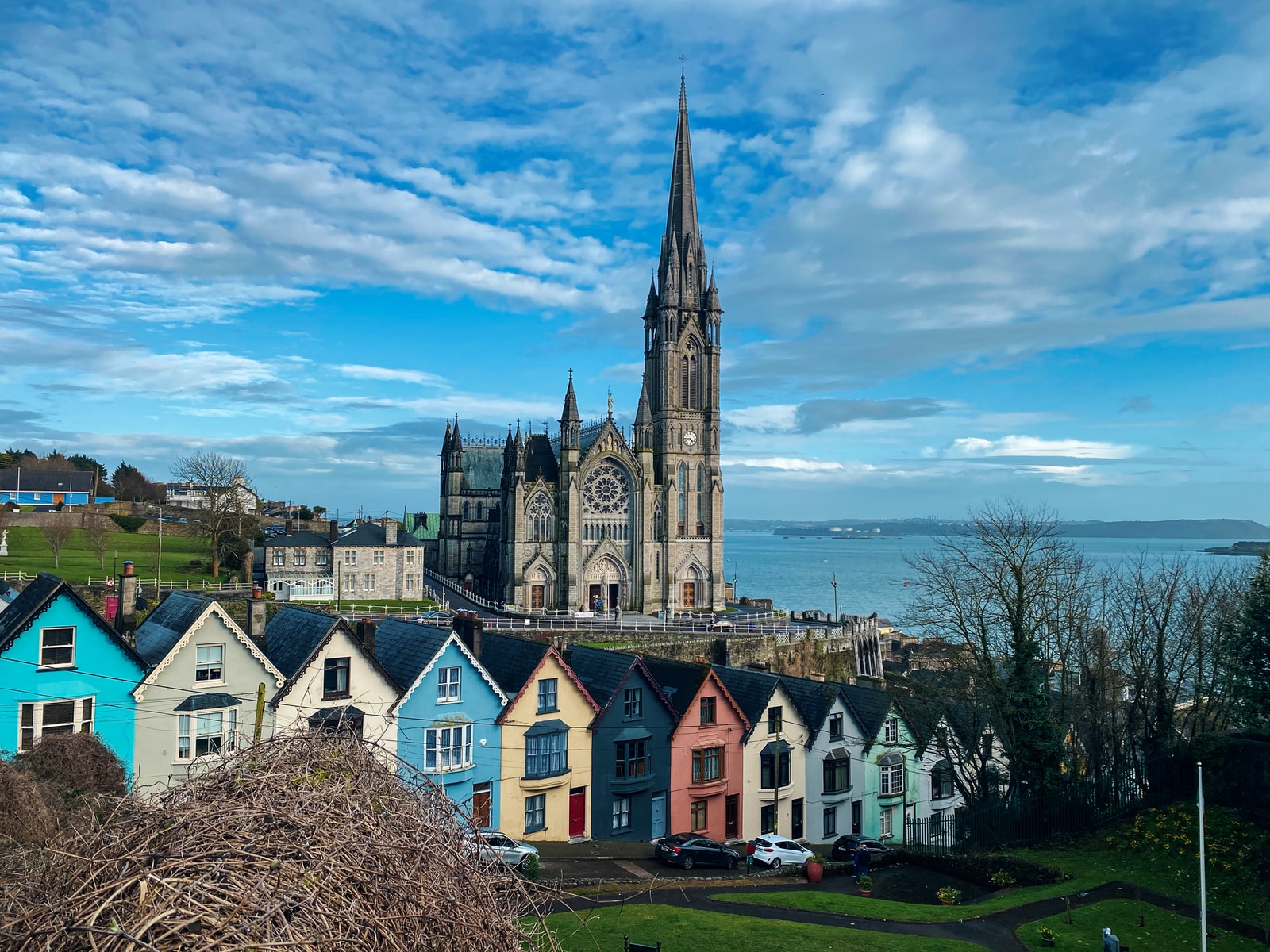
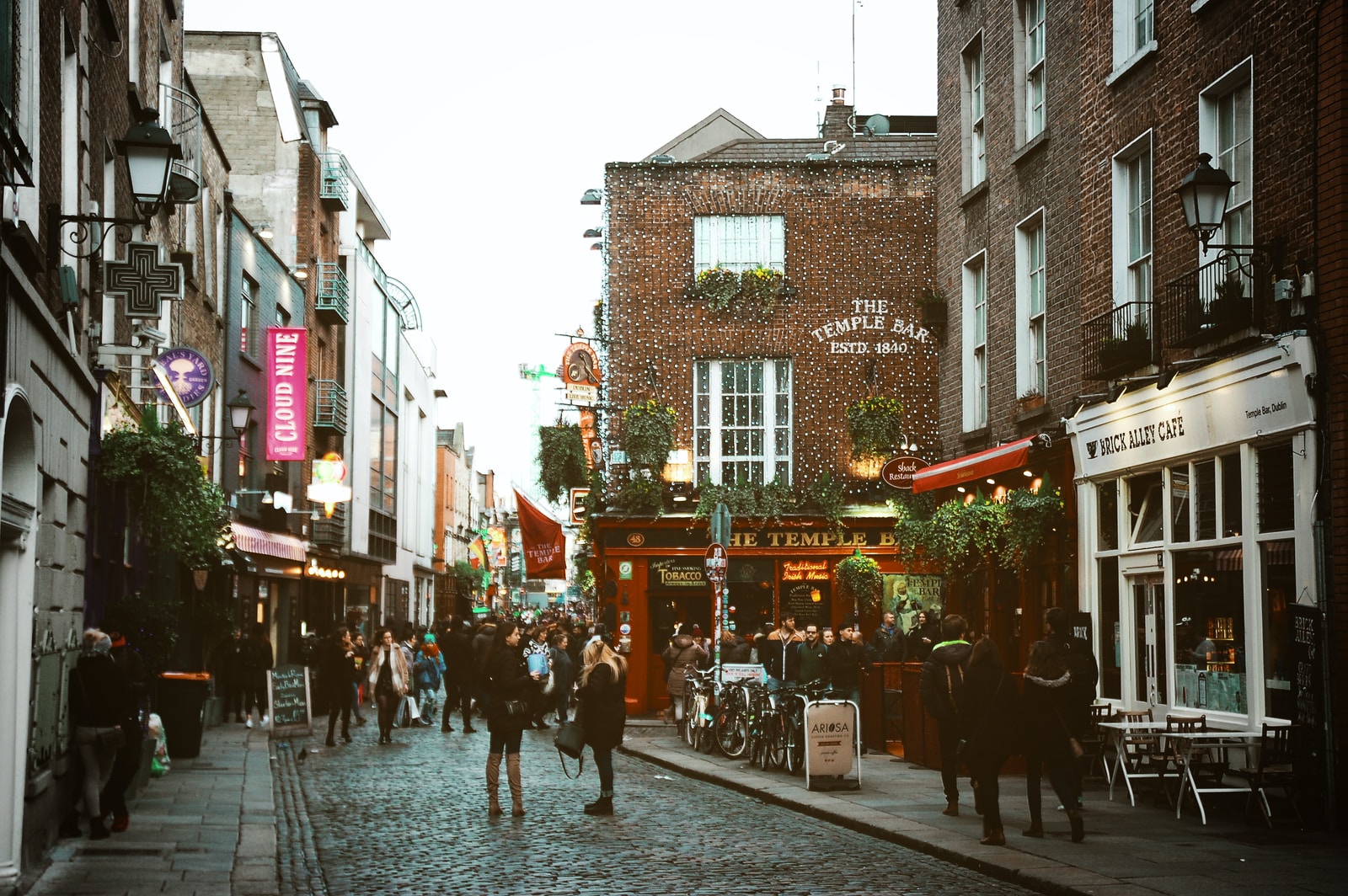
Your one-group partner in Ireland
Irishrelo
Unit 4 Portgloriam Business Campus
Kilcock, Co. Kildare, W23XH0A
Ireland
Company Profile
Operating in more than 100 countries, Irish Relo offers corporate clients more than 20 years of expertise in
all aspects of relocation and moving. The company ensures that their ‘tried and tested’ worldwide
relocation partners perform at the highest service levels possible to exceed their clients’ expectations.
Irish Relo understand the stress and challenges involved in relocation assignments and short term business
trips. From home-finding to household goods moving and expense management to visa and immigration
formalities and beyond, Irish Relo offers the highest quality service for all of your relocation needs –
worldwide. They aim to deliver a professional, proactive service with great attention to detail and a caring
attitude to each assignee’s specific needs so that their relocation experience is a rewarding one. They go
that extra mile to ensure that their clients receive a very personal service during their relocation or
business trip.
Irish Relo was first company in the world to be awarded the EuRA Quality Seal, the independently audited quality
accreditation of the relocation industry. Your one-group partner in Ireland is proud to offer its services through an enthusiastic and trained support team, headed by Paul Coy and William Tighe, the Directors of the Company.
RELOCATION SERVICES
Irishrelo
Unit 4 Portgloriam Business Campus
Kilcock, Co. Kildare, W23XH0A
Ireland
Tel: +351 1 675 7900
Fax: n/a
Locations: Dublin
CONTACTS
Paul Coy (Management)
Tel: +353 1 675 7922
paul.coy@irishrelo.com
Paula Geoghegan (Finance)
Tel: +353 1 786 7911
paula.geoghegan@irishrelo.com
MOVING SERVICES
Irishrelo
Unit 4 Portgloriam Business Campus
Kilcock, Co. Kildare, W23XH0A
Ireland
Tel: +351 1 675 7900
Fax: n/a
Locations: Dublin, Cork & Belfast
CONTACTS
William Tighe (Management)
Tel: +353 1 675 7910
william.tighe@irishrelo.com
Lynda Rafferty (General Manager)
Tel: +353 1 675 7931
lynda.rafferty@irishrelo.com
Tracey Browne (Accounts Manager)
Tel: +353 1 675 7932
accounts@irishrelo.com
| Government type | Parliamentary system |
| Capital | Dublin |
| Total Area | 70,273 km² |
| Industries | Pharmaceuticals chemicals computer hardware software food products beverages and brewing medical devices |
| Famous Cities | Dublin, Galway, Limerick, Kilkenny, Cork, Killarney, Kinsale |
| Official languages | English and Irish (Gaeilge) |
| Country code | +353 |
| Currency | Euro (EU) |
| Voltage | 230 V |
| Public Holidays |
Real estate and housing – There is a wide range of houses and apartments that can be rented in the Dublin area with the majority being fully furnished. Rental contracts are signed between the tenant and the landlord. Leases are usually taken for one year, with a security deposit equal to one month’s rent. The number of bedrooms normally determines the size of homes. If you rent a three-bedroom house, you can be assured of three bedrooms, bathroom, combination, dining/living room and kitchen. Rents are based on the number of rooms and location of the property. The costs of repairing any damage caused to the property during the rental period will be deducted from the initial deposit.
Temporary Accommodation – The availability of short term accommodation is generally good, there is good availability of fully serviced accommodation with a regular cleaning service, linen change and concierge services.
Food – When many people think of food in Ireland, they think of the traditional dishes of bacon and cabbage, Irish stew and crubbeens! Though there has been something of a revival of the traditional favorites, a sense of ‘modern Irish’ cooking has been developed over the last 20 years, influenced by flavors and indeed chefs from Europe and the rest of the world. The Irish restaurant scene is a real cosmopolitan mix with an influx of Italian, French and pan Asian eateries sitting alongside native restaurants, who themselves have devised menus to cater for world tastes, while Ireland’s coastal areas – particularly West Cork and Kinsale – are renowned within epicurean circles for their excellent seafood. In the pubs too, you’ll find food of great quality up and down the country. Gone is the idea of pub grub, replaced with wholesome traditional staples like those mentioned above, or gastro pub dishes, though most will still prepare some cheese and ham toasties on request.
Schools – The Irish Primary Education sector consists of state-funded primary schools, special schools and private primary schools. State-funded schools includes religious schools, non-denominational schools, multi-denominational schools and Gaelscoileanna (schools where tuition is held entirely in the Irish language). Second level education in Ireland generally starts at the age of twelve and consists of a three year junior cycle followed by a two or three year senior cycle. The Junior Certificate Examination is taken at the end of junior cycle. The senior cycle has been significantly restructured in recent years and now offers a ‘Transition Year’, which provides an opportunity for students to experience a wide range of educational inputs, life skills and work experience, reducing the focus on examinations. Be aware that the more popular schools often have waiting lists and it may be necessary to inquire in advance if places will be available. There is an International School, a French School and a German School in Dublin City.
Transportation – Railway services are provided by Iarnród Éireann. Dublin is the center of the network, with two main stations (Heuston and Connolly) linking to the main towns and cities. The Enterprise service, run jointly with Northern Ireland Railways, connects Dublin with Belfast. Dublin has a steadily improving public transport network of varying quality including the DART (Dublin Area Rapid Transit – the train service linking the residential areas around the Dublin Bay area), Luas (a cross city tram service), a bus service and an expanding rail network. The motorways and major trunk roads are managed by the National Roads Authority. The rest of the road network is managed by the local authorities in each of their areas. Dublin is quite a small city compared to most European capitals. It is serviced by a variety of transport options, the most popular being bus, car, light rail and cycling.
Driving License and Insurance – If you are taking up residence in Ireland from a state outside the European Union and hold a drivers license issued by AUS, CH, FL, GBM, GBJ, GBZ, J, N, KR or ZA you can exchange your foreign drivers license for an Irish license without testing formalities. If your stay in Ireland will be more than 12 months and you are not from one of the listed recognized countries/states, you can apply for a driving license in Ireland. You must first complete a driver theory test, apply for a learner driving permit and complete your driving test in Ireland. If you pass your driving test, you will be issued with a full driving license.
Shopping – Mainstream shopping in Dublin City is centered on two main pedestrianized shopping areas; Grafton Street/Stephen’s Green and Henry Street which have lots of ethnic food stores, street markets and farmer’s markets. There is an excellent range of shopping centers in Ireland, mainly situated in the suburbs of the larger cities. Normal shopping hours are 9am to 6pm with late night shopping on Thursday until 9pm. Sunday’s and bank holidays will have shorter opening hours, i.e. 10am to 5pm.
Pets – The EU Pet Passport System came into effect in Ireland on the 3rd July 2004. The existing arrangements for the import of pet dogs and cats into Ireland i.e. import license and 6 months quarantine or entry into Ireland via the UK under the UK Pet Travel Scheme, will continue to apply. Generally Irish people are animal lovers. Many landlords will allow pets and, if they do, they will more than likely request a double deposit.
Cultural Idiosyncrasies
Do’s: Shake hands with everyone present – men, women and children – at a business or social gathering. Shake hands again when leaving. A firm handshake with eye contact is expected when meeting an Irish person. Maintaining personal space is important in Irish culture. When speaking to an Irish person, keep an arm’s length distance from them. This is seen as a sign of respect. Tipping of at least 10% upwards is expected in Ireland in most services. Table manners are similar to England but more relaxed. When invited to someone’s home, always bring a small gift for the hostess.
Dont’s: Do not be misled by the easy going and amiable attitudes of the Irish. In negotiations, the Irish are astute and tenacious. Do not be late for meetings yourself even if the Irish have a relaxed sense of time and may be a little late for meetings themselves. Do not speak too loudly in company – the Irish are uncomfortable with loud, aggressive and arrogant behavior. Do not rush the Irish – although they work very hard, the Irish are dedicated to a less stressful lifestyle that allows time for friends and family, a visit to the pub or just a chat on the street corner. Do not break eye contact with an Irish person when he/she is speaking because they perceive people who avoid eye contact as untrustworthy. Your best approach is to also look him/her in the eye and remain friendly, relaxed and unpretentious.

